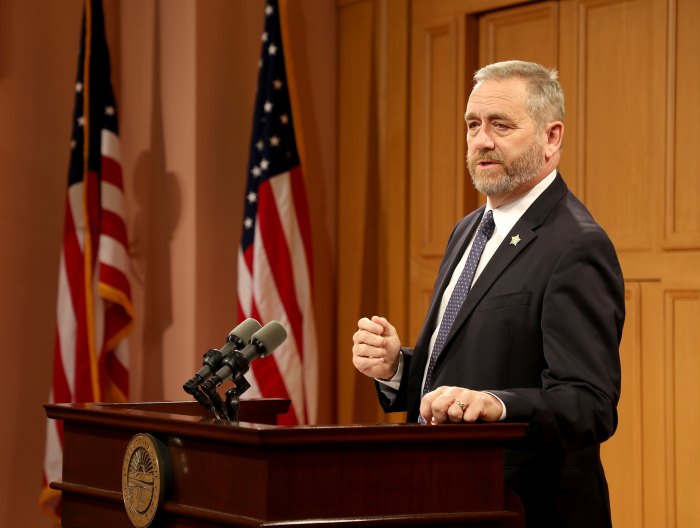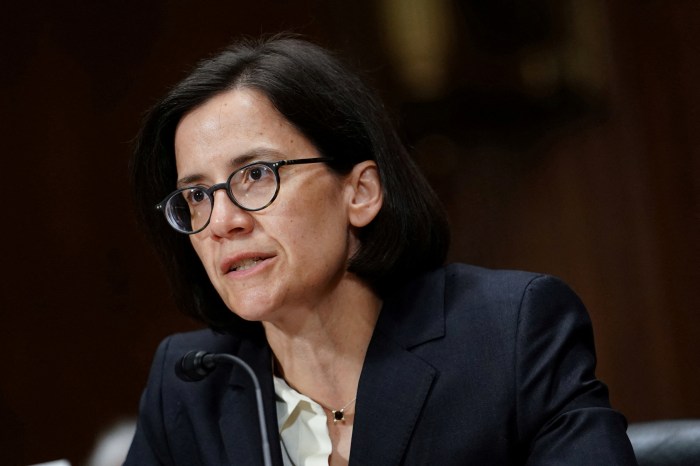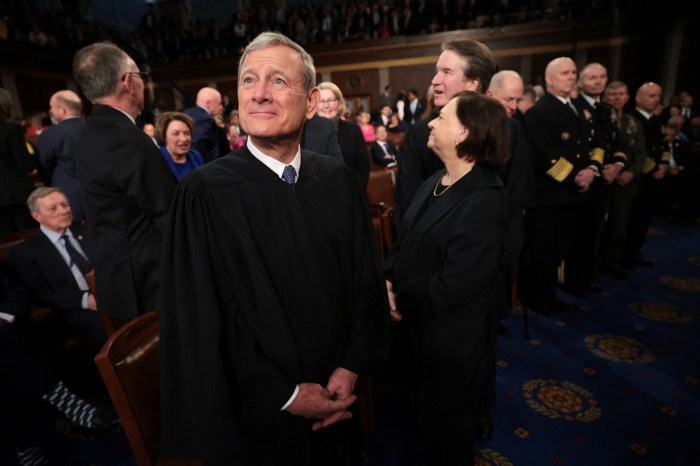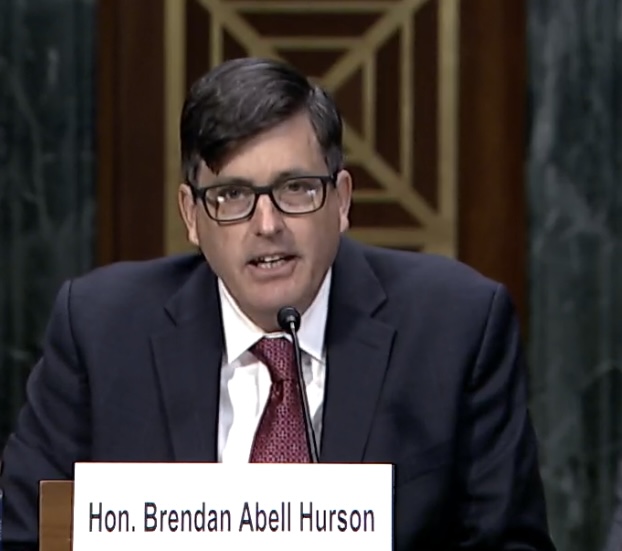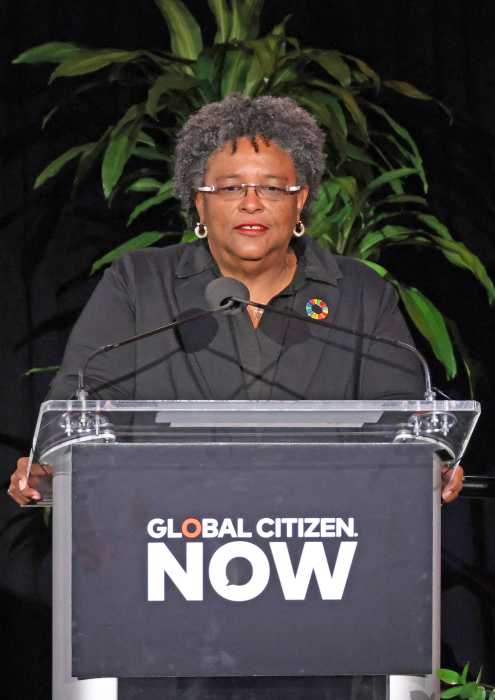When news broke last week that White House staffers told a gathering of LGBT advocates President Barack Obama was not moving forward with an executive order barring sexual orientation and gender identity and expression discrimination by federal government contractors, Mara Keisling, the executive director of the National Center for Transgender Equality, was forceful in her public comment.
“President Obama right now has the power to stop trans employees of federal contractors from getting fired on the job,” she said. Then, after acknowledging the importance of moving the long-stalled Employment Non-Discrimination Act (ENDA) through Congress and her view that “the White House is going to take a more active role in addressing anti-LGBT discrimination in the workplace,” she added, “But trans people and their loved ones can’t wait.”
Still, a week after senior administration officials, led by Valerie Jarrett, Obama's assistant for public engagement and intergovernmental affairs, conveyed the president’s view to a meeting that included representatives from the Human Rights Campaign, the National Gay and Lesbian Task Force, Freedom to Work, and the Center for American Progress (CAP), Keisling voiced concern that the public furor that has blown up is obscuring the prospects for long term success on the executive order effort.
“This is just a dodge,” she said of the administration’s posture less than seven months before Election Day. “It is probably going to happen on the time frame we all thought it was going to happen on, instead of this made-up time frame.”
Keisling explained she and some of her fellow advocates working on the issue never believed an executive order would come before the election, and she pushed back against a narrative that has emerged in recent months that the president might act as early as June.
“CAP and the Williams Institute did their work really well to set this up, and it’s still set up,” she said, referring to the UCLA think tank on LGBT policy issues. “Suddenly, people said it had to happen right now. The answer from the White House was not ‘no,’ it was ‘not now.’”
Keisling acknowledged the issue is in many ways a self-inflicted public relations fiasco for the White House, which, she said, has “screwed up” in its job of managing expectations.
“If they didn’t want to do this, they just should not have said anything,” she said.
Indeed, reporting by Metro Weekly and the Washington Blade on April 16 and 17 suggests the White House is still scrambling to get a clear message out on the executive order question. On Monday, Metro Weekly quoted Shin Inouye, a White House spokesman, saying, “The administration hasn't taken any options off the table.” Asked about that statement by the Blade the following day, press secretary Jay Carney seemed caught off guard, terming it an “anonymous quote.” Told it was a statement from another named administration spokesman, Carney responded, “I'm not going to speculate about executive orders that may or may not be pursued in the future. What I'm saying is right now we're not.”
Even as Keisling faulted the administration for both the substance of its posture and the way it has handled it publicly, she also questioned the wisdom of emphasizing the obstacles on this issue to the exclusion of a variety of other priorities NCTE and other advocacy groups are pressing.
“When did this executive order become the very top issue?,” she said, noting that the recent regulations that barred discrimination in housing, with no religious exemptions, by any entity receiving federal dollars and the pending regulations aimed at curbing prison rape, for which transgender inmates are at particular risk, “are just as big.”
Acknowledging that other advocates are less willing to put the administration’s inaction into the same perspective she is, Keisling said, “I am not embarrassed. No one can question NCTE’s record of getting things done. They can scream, but I’m always going to get more things done.”
Tico Almeida, president of Freedom to Work, an LGBT advocacy group, said that in explaining the decision, White House officials raised concerns about the potential for litigation, an argument for which he said he challenged them to cite a precedent, to no avail. The White House intransigence, said Almeida, who has been the most forceful administration critic over the past week, “is a political calculation that cannot stand.”
Keisling didn’t disagree with the assessment that Obama’s concerns are political.
“We see this as a matter of ending discrimination,” she said. “Everyone else sees this as a business regulation issue. And in an election year, they don’t want that coming up, even though there have been fewer new regulations under Obama than under Bush. It is something that they have to think about.”
Keisling expressed complete confidence in the analysis out of the Williams Institute that Obama would be on firm legal ground in issuing such an order.
Nan Hunter, the associate dean for graduate programs at Georgetown Law School who is also the legal scholarship director at the Williams Institute, explained that the president’s authority to issue such an order derives not from existing nondiscrimination law, but rather from the Federal Procurement Act, in his role, essentially, as “the CEO” of the US government. Precedent for such an exercise of power dates back 70 years –– more than two decades prior to the 1964 Civil Rights Act –– to a Franklin D. Roosevelt order regarding racial nondiscrimination by Defense Department contractors as the nation ramped up for World War II.
One key factor about such executive orders –– as distinct from nondiscrimination laws –– is that they do not create a private right of civil action for bias victims. Enforcement is carried out by the Labor Department’s Office of Contract Compliance, which she said has been an effective agent for civil rights protections under administrations friendly to the underlying goal. Regardless of a particular president’s enforcement diligence, however, most government contractors take seriously their obligations under existing orders and regulations, Hunter said.
There is no serious legal debate about this conclusion, she said.
Other legal experts were less definitive in their assessment, but offered some support for Hunter’s conclusion.
Professor Peter M. Shane, currently on leave from Ohio State to teach for a year at Harvard Law School, is an expert on presidential executive authority and the separation of powers.
Asked his view of the prospects of a nondiscrimination order being upheld by the courts, he said, “The chances are pretty good.”
Shane is the author of “Madison's Nightmare: How Executive Power Threatens American Democracy,” a 2009 book published by the University of Chicago that examines the expansion of presidential authority, particularly from the Reagan through the George W. Bush administrations.
He endorsed Hunter’s conclusion that the authority derives from the Federal Procurement Act and said the administration’s likely argument in response to a legal challenge would be to say that “the efficiency and economy of the services” provided by a contractor that discriminates are undermined by it “artificially constraining the pool of talent.” That argument, buffered by economic analysis showing that discrimination “disrupts productivity,” he said, would have a good prospect for success. The burden on the administration would not be to prove that point definitively but rather to show that the president’s action had a rational basis.
A Stanford Law School professor who specializes in civil rights, constitutional federalism, and administrative and employment law, was less certain about the Williams Institute’s conclusion.
“I am not sure I agree,” David Freeman Engstrom told Gay City News. The president, he said, “is not supposed to initiate policy” unilaterally, though he acknowledged that executive authority regarding federal contractors is “often more ambiguous” because it can be characterized as “a matter of internal bureaucratic management.”
In one of two court decisions that he said were “directly on point,” a Clinton administration order that barred contractors from hiring replacement workers during a strike was thrown out because the court concluded it conflicted with provisions of the National Labor Relations Act.
In the other case, a challenge to a late 1960s affirmative action order involving federal contractors doing business in Philadelphia was upheld, despite the court raising some reservations. The Third Circuit Court of Appeals concluded that a pattern of “congressional acquiescence” in the approach the Johnson administration was taking eased concerns that the Executive Branch was overstepping its role relative to the Legislative Branch. The Supreme Court did not take up an appeal of that ruling.
If congressional intent became a factor in judicial review of any potential Obama order, Engstrom warned, the lack of progress on ENDA in Congress could work against the administration.
“In court, it would be a close question,” he said.
If Engstrom’s caveats are not what are guiding Obama administration thinking and the concern instead is political, the business community has not yet staked out any public position in opposition.
Mike Eastman, the executive director of labor law policy for the US Chamber of Commerce, told Gay City News, “We’ve talked with various groups about their ideas for a proposed executive order on this subject, but have not taken any kind of formal position.”
Alan Chvotkin, executive vice president and counsel for the Professional Services Council, which represents contractors who provide professional and technical services to the federal government, said that while his group supports “public and private sector employers taking action to ensure that all discrimination in the workplace is eliminated,” it “welcomes a discussion with the Hill and the Executive Branch in advance of any action being taken so that any unintended consequences can be addressed.”
He added, “We have not been provided that opportunity yet.”
The National Association of Manufacturers did not provide a response to an inquiry from Gay City News.
In the early years of debate about ENDA, leading business groups opposed the legislation. However, after it was amended to make clear that for purposes of employee benefits, the definition of spouse would the one encoded in the Defense of Marriage Act, those groups shifted their position to one of neutrality.


